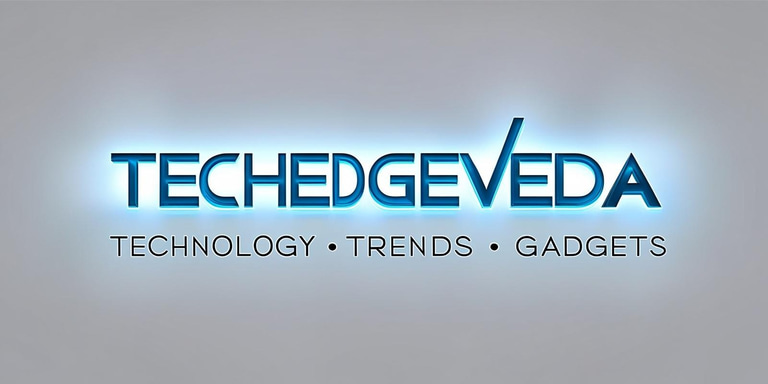AI Revolution: 40% of Jobs at Risk Globally, UN Warns — Time to Act?
As Artificial Intelligence (AI) continues its rapid ascent, a growing chorus of global experts warns that its impact may be far more disruptive than anticipated. With up to 40% of jobs worldwide at risk, a new wave of economic transformation is unfolding—raising urgent questions about inequality, governance, and the future of work. This article explores the latest findings, the opportunities ahead, and the global call for action to ensure AI benefits everyone, not just a select few.
TechEdgeVeda Editorial
2 min read


Artificial Intelligence (AI) is no longer a futuristic concept — it is a defining force reshaping the global economy. According to recent findings from the United Nations Conference on Trade and Development (UNCTAD) and the International Monetary Fund (IMF), AI could affect up to 40% of jobs worldwide, creating both immense opportunities and profound challenges.
A $4.8 Trillion Tech Tsunami
By 2033, the global AI industry is projected to reach a staggering $4.8 trillion in market value — approximately the size of Germany’s entire economy. This growth is part of a larger surge in "frontier technologies" like blockchain, 5G, and 3D printing, which together could balloon into a $16.4 trillion market.
But while the promise is enormous, so are the potential pitfalls.
Who’s Most at Risk?
Contrary to past technological shifts that mostly impacted blue-collar jobs, this AI wave is targeting white-collar, knowledge-intensive roles — from finance and law to healthcare and content creation.
In advanced economies, an estimated 60% of jobs may be touched by AI.
Emerging markets face a 40% exposure rate.
Low-income countries could see lower immediate disruption (~26%), but risk long-term exclusion from AI-driven growth.
The net impact? A reconfiguration of global labor markets and growing pressure to rethink employment strategies, education, and digital access.
The Inequality Dilemma
While AI promises productivity gains and economic acceleration, its benefits are highly concentrated — both geographically and corporately.
Just 100 companies, mostly based in the US and China, account for 40% of global AI R&D.
Tech titans like Apple, Nvidia, and Microsoft each boast market caps rivalling the GDP of entire continents — like Africa.
This concentration of power raises serious concerns about technological divides, as many nations in the Global South remain excluded from AI governance forums. In fact, 118 countries are currently not represented in major AI policy discussions.
Not Just Job Losses — New Doors May Open
Despite concerns, experts caution against seeing AI purely as a job killer.
“AI is not just about replacing jobs — it can create entirely new industries and empower workers,” notes the UNCTAD report."
AI has the potential to enhance worker productivity, especially for younger and less experienced employees, and may create more demand in emerging sectors such as AI safety, prompt engineering, and robotics ethics.
However, realizing this potential depends heavily on reskilling, upskilling, and building robust social safety nets to protect workers in transition.
What Needs to Happen Now?
To ensure AI benefits all of humanity, a global shift in strategy is urgently needed. Key recommendations from experts include:
Inclusive global AI governance frameworks.
Investment in digital infrastructure and equitable AI tools.
Promotion of open-source AI models to level the playing field.
Development of AI Preparedness Indexes to guide country-specific action.
Countries like Singapore, Denmark, and the United States currently lead in AI readiness, but the gap between AI “haves” and “have-nots” is growing.
The Road Ahead: A Shared Responsibility
The world stands at a technological crossroads. Will AI be a force for shared prosperity, or a catalyst for deeper inequality?
Governments, businesses, educators, and civil society must come together to shape the future of AI, ensuring it enhances human potential rather than replaces it. As the reports warn, time is of the essence.
“AI can be a catalyst for progress, innovation, and shared prosperity — but only if countries actively shape its trajectory.”
The AI revolution is here. The question is — will the world rise to meet it?
